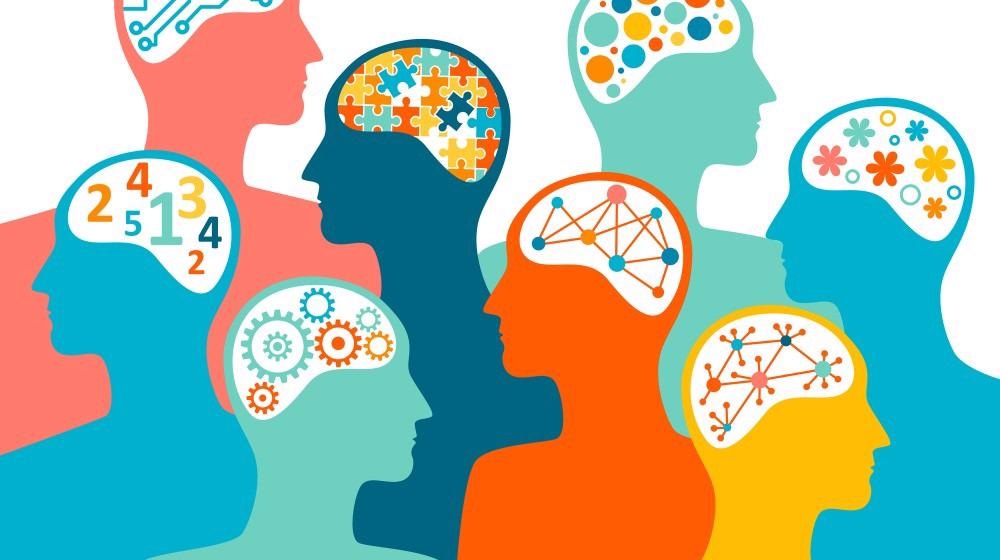Reviewed by Danielle Ellis, B.Sc.Mar 25 2022
A research team from the University of Minnesota Medical School, the University of Texas Health San Antonio, and the Biomedical Research Institute (BRI) of the Foundation for Research and Technology Hellas (FORTH) in Greece discovered that interruption of a circadian clock gene may be implicated in the formation of autism spectrum disorder. The study was published in the journal Molecular Psychiatry.

Image Credit: Getty Images
Autism spectrum disorder, or ASD, is a neurodevelopmental disorder associated with a broad range of behavioral issues such as social difficulties, repetitive activities, speech difficulties, and nonverbal communication difficulties. ASD affects one in every 44 children in the United States, according to the Centers for Disease Control and Prevention.
Sleep issues affect 50–80% of the children with ASD, compared to fewer than 30% of the general population. The causes of sleep issues in people with ASD are unknown, but a faulty body clock could be one of them.
It has long been recognized that the function of the body clock is frequently disrupted in autism patients and these patients often exhibit various sleep problems. But, it is not known whether clock gene disruption can directly cause autism.”
Ruifeng Cao MD, PhD, Study Co-Author and Assistant Professor, Neuroscience, University of Minnesota
The researchers discovered that disrupting an important clock gene in preclinical models can result in autistic-like symptoms. The Bmal1 gene, in particular, can cause significant problems in sociability, social communication, and excessive repetitive behaviors when it is deleted globally or in the cerebellum.
The models also showed damage to their cerebellum, which is known as cerebellar ataxia. The researchers looked into the degenerative abnormalities in the cerebellum further and discovered a number of cellular and molecular changes that point to neurodevelopmental issues.
Clock gene disruption could be a mechanism underlying several forms of autism and potentially other neurodevelopmental conditions, and this finding paves the way for further exciting research.”
Christos Gkogkas PhD, Lab Principal Investigator, Neurobiology, Biomedical Research Institute, Foundation for Research and Technology
The research team intends to look at other clock genes that have been identified to be altered in people with ASD. More crucially, based on their findings, they urge the creation of novel therapeutic strategies.
Source:
Journal reference:
Liu, D., et al. (2022) Autistic-like behavior and cerebellar dysfunction in Bmal1 mutant mice ameliorated by mTORC1 inhibition. Molecular Psychiatry. doi.org/10.1038/s41380-022-01499-6.